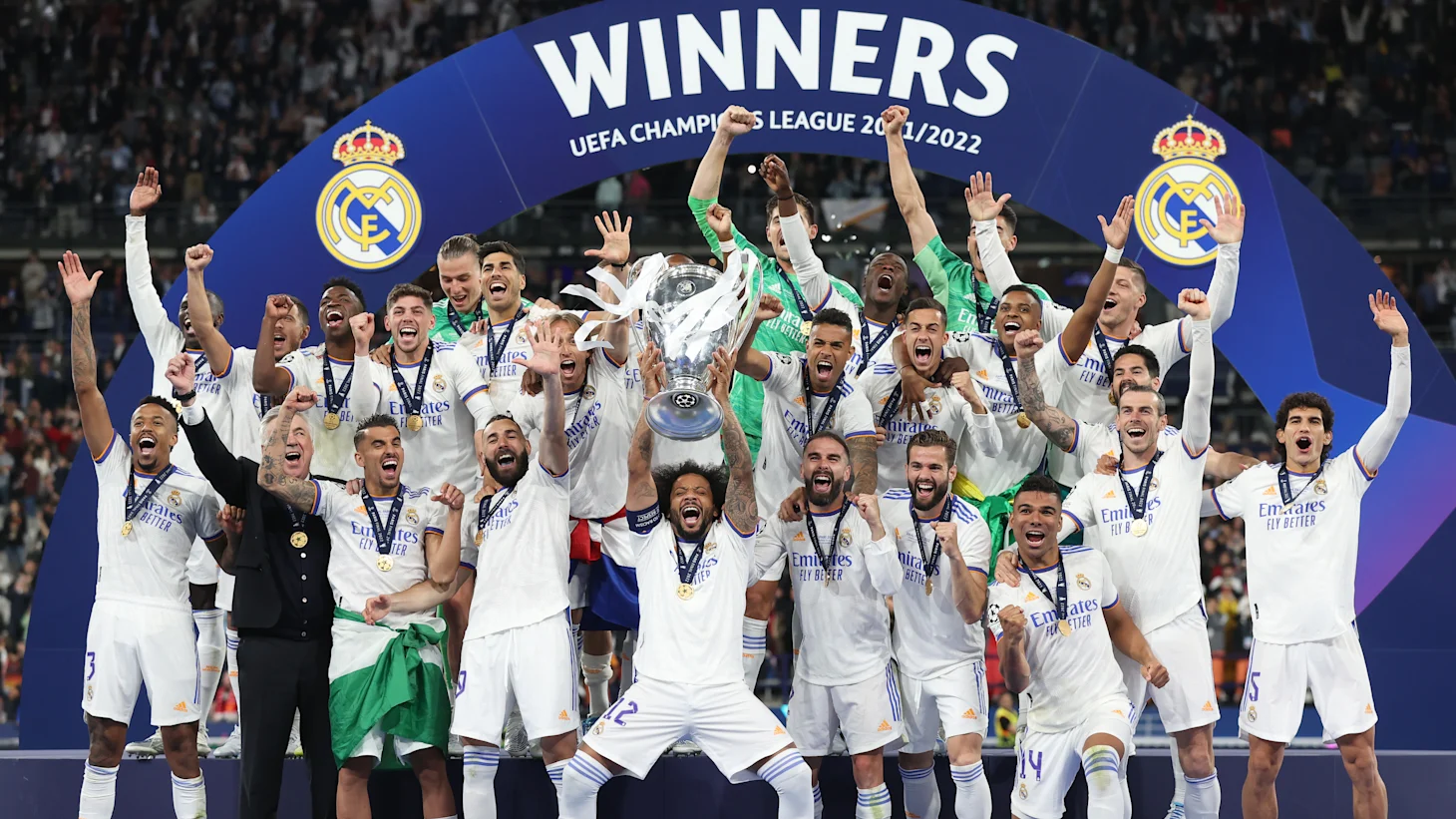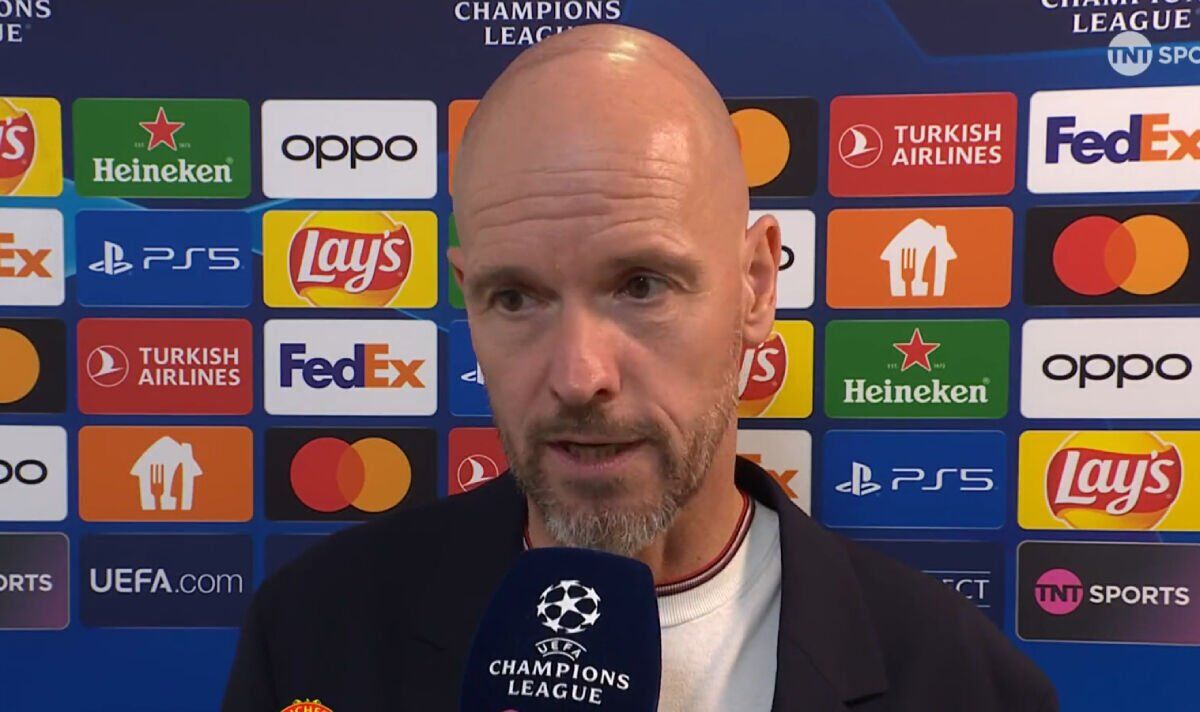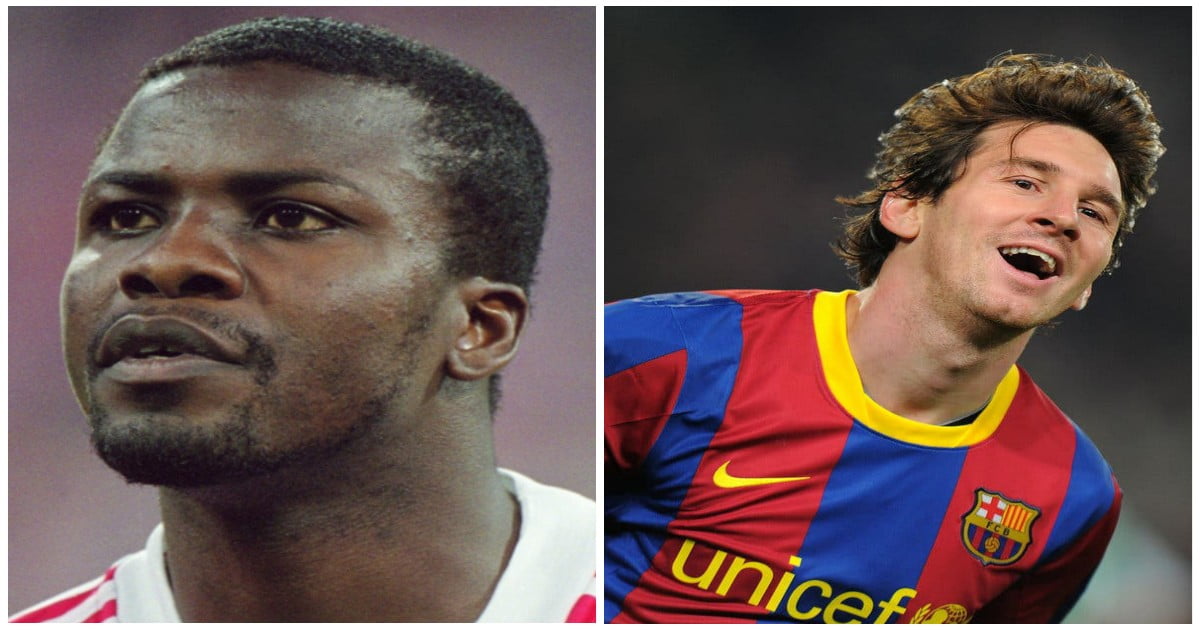The History of the Champions League

The UEFA Champions League, often simply referred to as the Champions League, stands as one of the most prestigious and widely-followed football competitions on the global stage. Its history is a captivating journey, spanning decades of sporting excellence and dramatic moments that have left an indelible mark on the world of football. In this extensive exploration, we will take you through the rich history of the Champions League, from its modest beginnings to its current status as a sporting phenomenon.
The Genesis (1955-1991)
The origins of the Champions League can be traced back to the early 1950s, a time when European football was on the rise. The concept was to create a tournament that would bring together the elite club teams of Europe. In 1955, the first European Cup, the precursor to the Champions League, was born.
1955-1956: Inaugural Season
The maiden European Cup season featured 16 teams, and it was Real Madrid who emerged as the victors. Guided by legendary forward Alfredo Di Stéfano, Real Madrid set the stage for their dominance in the years to come.
The Real Madrid Era (1950s-1960s)
Real Madrid would go on to claim the first five European Cup titles, establishing themselves as the team to beat in European club football. This era also witnessed the emergence of iconic players like Ferenc Puskás and Raymond Kopa, who left an indelible mark on the competition.
Expanding Horizons (1967)
In 1967, the European Cup underwent a significant expansion, allowing more teams to participate and broadening the representation of various European nations. This transformation not only made the competition more inclusive but also intensified its allure.
Italian Dominance (1970s-1980s)
The 1970s and 1980s bore witness to the supremacy of Italian clubs such as AC Milan, Juventus, and Inter Milan. Known for their tactical acumen and defensive solidity, these teams solidified Italy’s standing in European football.
Heysel Tragedy (1985)
Tragedy struck in 1985 during the European Cup final between Liverpool and Juventus at the Heysel Stadium in Brussels. A violent clash between fans resulted in 39 fatalities. This tragic event prompted UEFA to take stringent measures to enhance stadium safety.
Birth of the UEFA Champions League (1992)
In 1992, the competition underwent a transformative rebranding, emerging as the UEFA Champions League. It introduced a group stage followed by knockout rounds, injecting additional excitement and unpredictability into the tournament.
The Modern Era (1992-Present)
English Revival (Late 1990s-Early 2000s)
The late 1990s and early 2000s marked the resurgence of English clubs, including Manchester United, Liverpool, and Chelsea. Manchester United’s dramatic comeback victory over Bayern Munich in the 1999 final remains one of the most iconic moments in Champions League history.
The Galácticos Era (2000s)
Real Madrid returned to the forefront in the early 2000s with a star-studded lineup of galácticos, including Zinedine Zidane, Ronaldo, and David Beckham. They secured three consecutive titles from 2000 to 2002, reasserting their dominance.
Barcelona’s Tiki-Taka Brilliance (2008-2015)
FC Barcelona, led by the mesmerizing Lionel Messi, showcased the tiki-taka style of play, winning four Champions League titles in this period. They cemented their place as one of the greatest club sides in history.
The Ronaldo-Messi Rivalry (2010s)
The 2010s were characterized by the rivalry between Cristiano Ronaldo and Lionel Messi. Both players consistently shattered records and led their respective teams, Real Madrid and Barcelona, to numerous titles, captivating football fans worldwide.
Recent Developments (2020s)
In recent years, the Champions League has continued to captivate fans with thrilling matches and unexpected upsets. Clubs from various leagues, including the Premier League, La Liga, Serie A, and the Bundesliga, fiercely compete for the coveted trophy.
The Unifying Force
In conclusion, the UEFA Champions League has evolved significantly since its inception in 1955. It has grown into a global spectacle, showcasing the best talents in world football and delivering unforgettable moments to fans across the globe. As the tournament continues to evolve and expand, one thing remains constant: the universal love for the beautiful game that transcends borders and unites fans from all corners of the world.
This storied history of the Champions League stands as a testament to the power of football to unite and inspire, and it continues to shape the future of the sport as it moves forward into new and exciting chapters.





